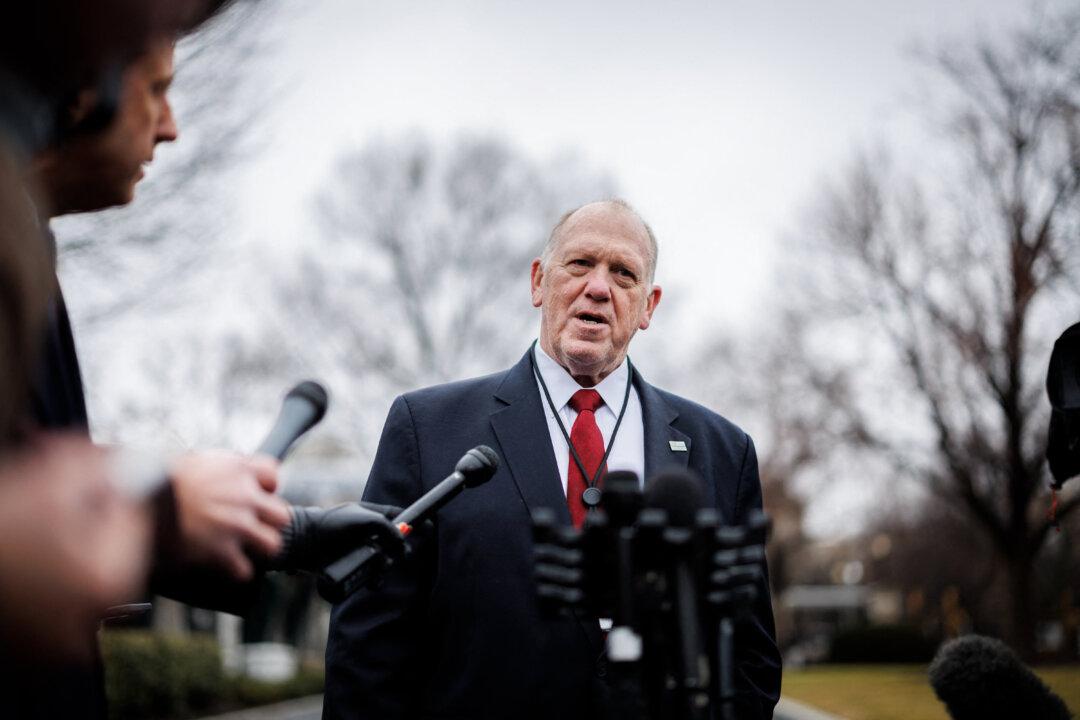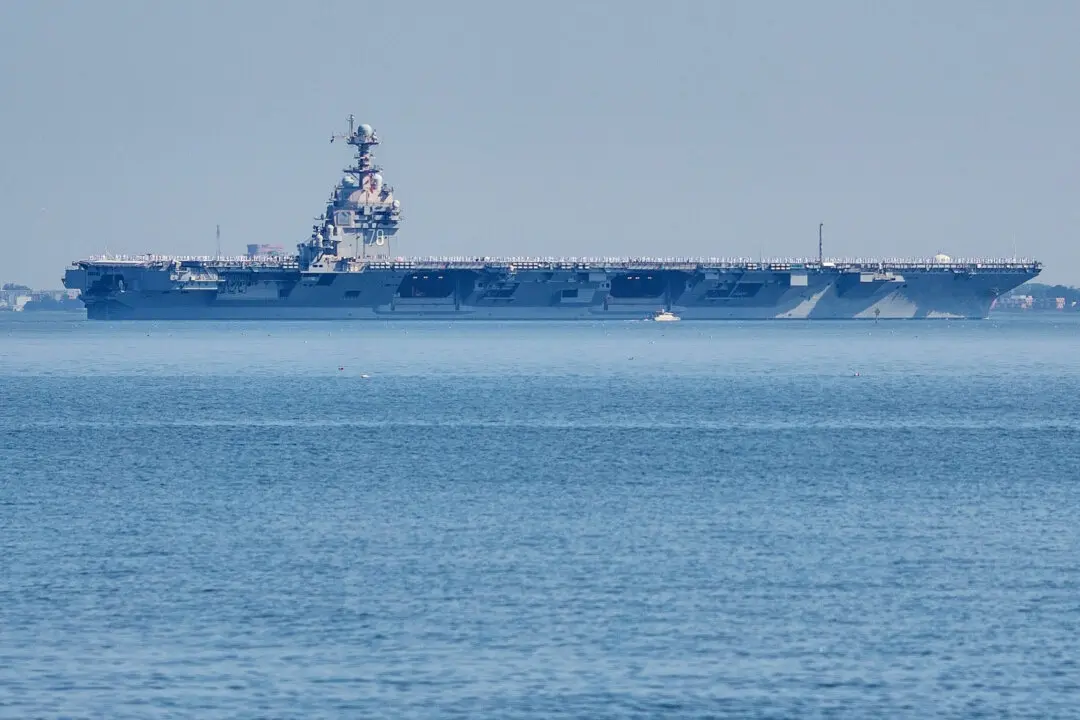The Trump administration will issue a program to allow illegal immigrants in the United States to self-deport, border czar Tom Homan has said in a new interview.
“There’s going to be a warning coming out, about 10 days from now, where we’re going to ... give illegal aliens the right to self-deport so they don’t get a bar placed onto them,” he said in an interview with pundit Glenn Beck published on Feb. 5.





